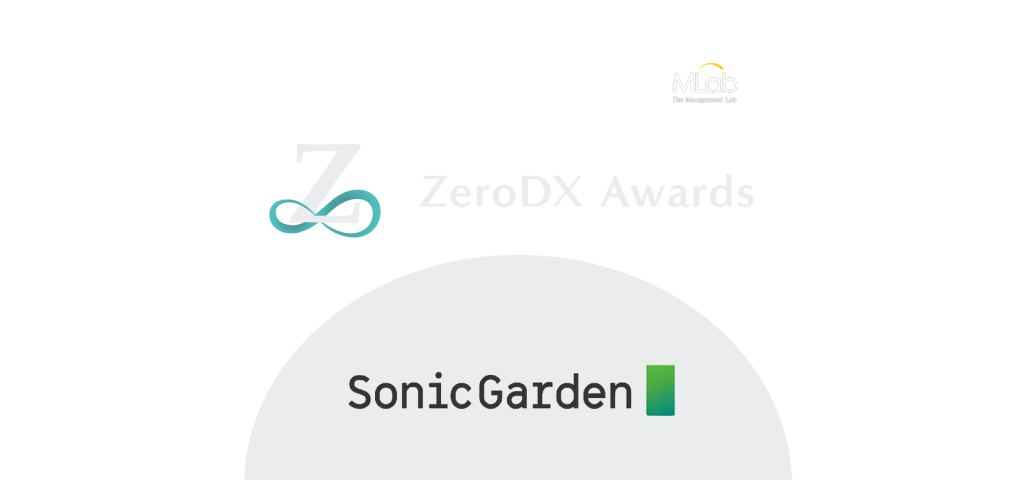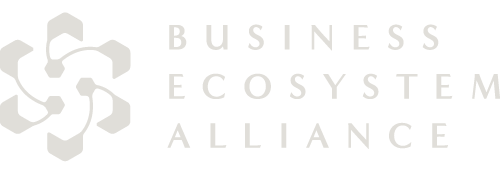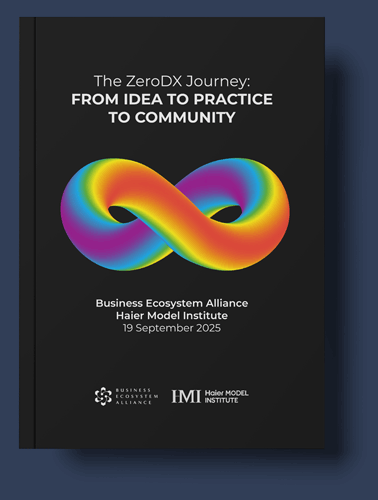
Spending Good Time with Good Code: The case of Sonicgarden
Introducing Sonicgarden
Sonicgarden, established in 2011, is a software development firm of approximately 60 employees based in Japan. The company is also a band of programmers who have joined together in the mission of “working together to create good things”. Despite its relatively small size, Sonicgarden has made a significant impact in the tech industry by its innovative business model that resolves the conventional challenges of the software development industry in Japan, and a unique culture that has eliminated management.
Sonicgarden is an example of zero distance excellence as they have reinvented the traditional software development model in Japan to ensure they provide maximum value for their clients and they have removed all management in the process. Learn more below:
Customer-centric Business Model
Customer-centricity is a fundamental principle of Sonicgarden's operating model for software development.
In Japan, software development has traditionally been a non-customer-centric model that is unable to respond to varying customer needs, and further forces customers to pay monetary and time costs for implementations of unnecessary functions. Sonicgarden's software development, on the other hand, allows programmers to work in partnership with clients, flexibly responding and accompanying them to achieve their vision. This is achieved through our unique contracted development business model of fixed monthly fees, performance-based contract, and one-stop service.
The value of our work is to keep working with our clients to fulfill their visions. In exchange for a fixed monthly payment, the development team who are in charge of the client continuously provide consultation, service development, operation, maintenance, and everything else related to the fulfillment of client’s visions at our best effort.
The outcome of the contract with Sonicgarden is the solution of the issues that the client faces in realizing their vision. To do so, we conduct precise interviews about the issues, and develop the optimal functions necessary to solve the problems before the next meeting. By doing this on a weekly cycle, the client can move steadily closer to fulfilling his or her vision.
Sonicgarden's engineers play the role of chief technology officer for multiple client companies at the same time, as if a consultant is in charge of multiple projects. The work is done by a development team of two to three people, organized by engineers with the suitable technology for each project. Since all work related to the realization of the client's vision is done by a one-stop service by a small number of elite engineers, we are able to provide value with a high sense of speed that is maximally attuned to their needs.
Our engineers work in multiple areas and on multiple projects at the same time, which gives them a wealth of technology and problem-solving skills. This allows our engineers to contribute more to problem solving and provide higher quality “ outcomes” to our clients. The one-stop service provided by our development team allows us to build a reliable relationship with our clients, where we can consult with them on any problems they may have, and provide value that better meets their needs.
Sonicgarden's software development approach breaks away from the traditional non-customer-centric development model, allowing us to respond quickly to client needs and encourage continuous improvement of the current situation, and pandering to clients’ ideal future. Sonicgarden's business model is based on agile development, where objectives are aligned on a weekly basis and small, necessary features are continually developed. This maximizes the balance between the client's investment and the value provided by the programmer.
Autonomy-oriented Corporate Culture
Self-autonomy is a core value of Sonicgarden's corporate culture. Sonicgarden has a unique corporate culture in which there is no hierarchical relationship between bosses and subordinates, no company sales targets or individual quotas, has a complete freedom of where and when to work, no evaluations, and a flat salary.
When each employee works with autonomy, benefits accrue to both the customer and the employee. This is because employees are able to achieve higher productivity and quality that exceeds clients' expectations. Employees actively collaborate to improve the company's work environment and the work of each member of the company. As employees with a high degree of autonomy do not need a supervisor to give them orders, the company has a flat organizational structure without hierarchy.
All programmer employees, except for those in the training stage, receive a flat salary because all employees who are trying to improve the company are involved in the management of the company. If the company becomes financially successful, the salaries of all employees increase on a salary basis. As a result, all employees participate in the economic success of the company.
In development projects, there is an engineer in the position of development manager who is responsible for managing the project. However, all engineers on the team have the information and responsibility to meet directly with the client and do what they can for the client. When a problem arises that cannot be solved by the development team alone, they often ask for help from employees outside the team or business partners outside the company. This is possible because Sonic Garden's relationships are based on an ecosystem, where employees and partners share and resonate with each other's desire to improve their value contributions.
Why can we work so autonomously? It is because Sonicgarden is a community with a clear vision of “Spending good time with good code” and a clear mission of “Working together to create great things”. In order to participate in the Sonicgarden community, employees are highly required to have self-management skills and advanced technical skills. That is why we take a great deal of time when hiring and training new employees, and mid-career hires can take up to two years. New graduates and young people with immature technical skills take several years to grow to become full-fledged programmers. In this way, we have employees who are self-managed and technically proficient, and can intervene more deeply in the cycle of improving the community.
Conclusion
In summary, Sonicgarden has effectively redefined the landscape of software development in Japan with its innovative, customer-centric business model and its emphasis on autonomy within its corporate culture. The two principles at the core - singular focus on customer needs and individual autonomy untethered by middle management - are fully in line with the RenDanHeYi management philosophy.
By integrating directly with clients and focusing on tailored, agile solutions, Sonicgarden not only meets but often exceeds the expectations of its customers. This approach enhances customer satisfaction but also drives continuous improvement and innovation within the projects undertaken.
The absence of a traditional hierarchical structure in the company and the promotion of a flat salary system reflect Sonicgarden's commitment to equality and collective success. These practices empower employees, fostering a highly productive and collaborative environment that benefits both the individual and the company as a whole. The success of this model is evident in the company's ability to maintain a high level of employee satisfaction and retention, which translates into consistent, high-quality output for their clients.
As Sonicgarden continues to thrive and expand its influence, it serves as a compelling testament to the viability and success of operating with a dual focus on customer-centric solutions and internal employee autonomy. This balanced approach not only sets Sonicgarden apart in the competitive tech industry but also establishes a strong foundation for future growth and innovation.


